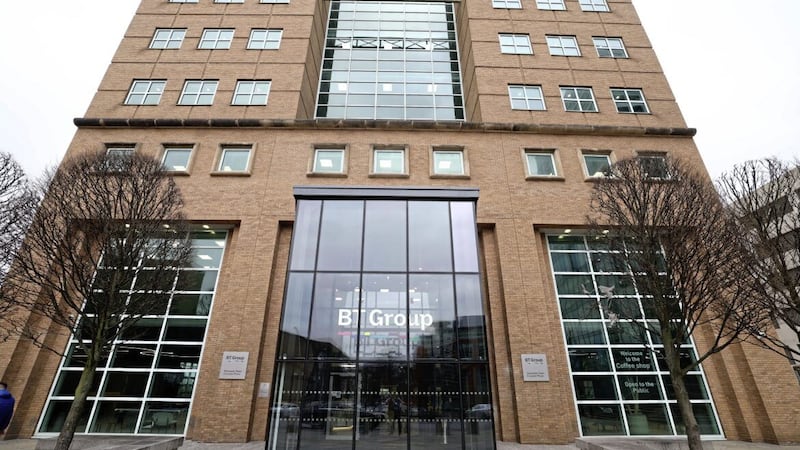HOTELS in the north lost 1.67 million bookings last year as revenues from accommodation collapsed by 63 per cent, according to a new survey.
The impact of the Covid-19 pandemic reduced the recording breaking 79.3 per cent room occupancy rate of 2019 to just 30 per cent in 2020, research from accountancy firm ASM found.
Hotels here were open for an average of 230 days last year, or 63 per cent of the time.
In Derry and Strabane, the average was just 195 days, virtually wiping out earnings.
Hotels will remain closed in Northern Ireland until May 24 2021, leaving just 222 days of trade this year, if the industry remains open.
Even with the UK Government’s furlough scheme, the ASM report found that the number of full-time equivalent staff employed by hotels declined by 2,100, or 29 per cent, by the end of 2020.
The study said the imposed travel restrictions and periods of lock-down resulted in the lowest demand for hotel bedrooms across Northern Ireland in decades.
Earnings before interest, tax, depreciation and amortisation decreased by an average of 90 per cent compared to 2019.
In some market segments, hotels recorded negative earnings.
The survey found Covid compliance costs after the first lockdown cost an average of £18,775 per hotel, while ongoing expenditure on PPE averages £2,200 per hotel per month.
Stock wastage arising from enforced periods of closure averaged £4,600 per hotel per shut-down.
Michael Williamson at ASM said after a record breaking 2019 and almost half a billion spent on hotel stock in the preceding six years, the industry had been blind-sided by the pandemic.
“Trading was seriously compromised at hotels during the year, with some areas faring worse than others.
“In the Derry City and Strabane District Council area, hotels were open for only 195 days on average which means that earnings were virtually wiped out,” he said.
“Worryingly, staff numbers declined by 54 per cent. The basic principle in business that costs reduce at a slower rate than a decline in revenues was proven in 2020.
“Average income including grants reduced by 56 per cent, but earnings reduced by 90 per cent compared to 2019. This was a hammer blow to the industry”.
ASM director Adrian Patton said ASM will be a another difficult year for the industry.
“Assuming hotels can re-open on 24 May and there are no further periods of closure, then the number of trading days available in the year is less than in 2020 and with loans and other liabilities due for repayment, those businesses will be under a high level of pressure, therefore, the industry will need further support.
“Having made the point, re-opening gives them a chance to fight back and start making headway”.
Despite the grim assessment, Janice Gault of the Hotels Federation said there is palpable air of hope across the hospitality sector with outdoor service due to reopen on Friday.
“What is clear is that, if we are to make the type of economic recovery that is required, a more holistic approach to decision making may be needed, as Covid-19 moves from the pandemic to endemic status.”








